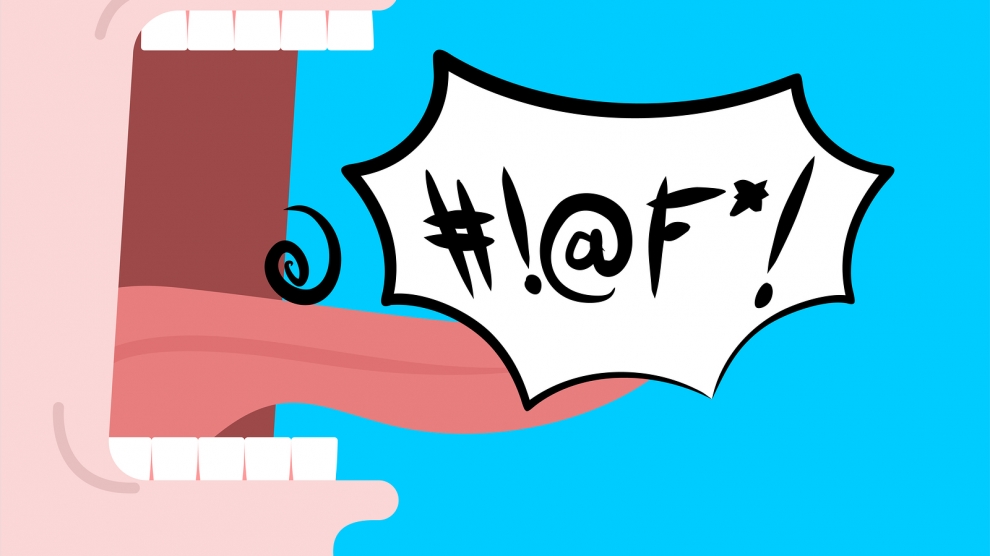Our weekly digest of articles about emerging Europe published elsewhere this week, all of which caught our eye and all of which are well worth your time. Listing them here, however, does not necessarily mean that we agree with every word, nor do they necessarily reflect Emerging Europe’s editorial policy.
—
In Ukraine, the acting health minister Ulana Suprun has suggested that swear words can be good for your health as the use of them can indicate strong relationships and “good emotional contact” between people.
—
Zdeněk Hřib: the Czech mayor who defied China. By refusing to expel a Taiwanese diplomat, the Prague mayor has joined the ranks of local politicians confronting contentious national policies.
—
If Polish popular music can be narrowed down to a few key figures, Henryk Wars is undoubtedly one of them. During the Interwar period, the prolific composer for cabaret, theatre and film became known as the ‘King of Polish Jazz’ – a title which would eventually lead him to Hollywood.
—
In Bosnia and Herzegovina, the BBC speaks to some of the children who are fighting back against ethnic segregation in the country’s schools.
—
Georgia’s breakaway regions of Abkhazia and South Ossetia are investing resources into relationship-management. Not only with each other and other de facto states such as Donetsk, Luhansk, Transnistria or Nagorno-Karabakh, but also with the handful of remote countries that have officially recognised them (the Pacific micro-islands Nauru, Vanuatu, Tuvalu; the Latin American republics Nicaragua and Venezuela; and Syria).
—
Under the rainbow: how directors are making LGBT films in countries hostile to gay rights.
—
Outgoing European Council President Donald Tusk has urged the European Parliament’s political groups to involve the Greens in any governing coalition.
—
A monster to history, Stalin is a tourist magnet in his hometown of Gori, in Georgia.
—
Romania’s divided political theatre landscape: Lily Levinson writes on the seismic generational divides in Romania’s theatre scene, and the embattled political companies that are fighting for change.
—
Moldova’s pro-Moscow Socialists are ambitious to regain control over the country’s security infrastructure – a prospect that Romania, Ukraine and others view with dismay.

